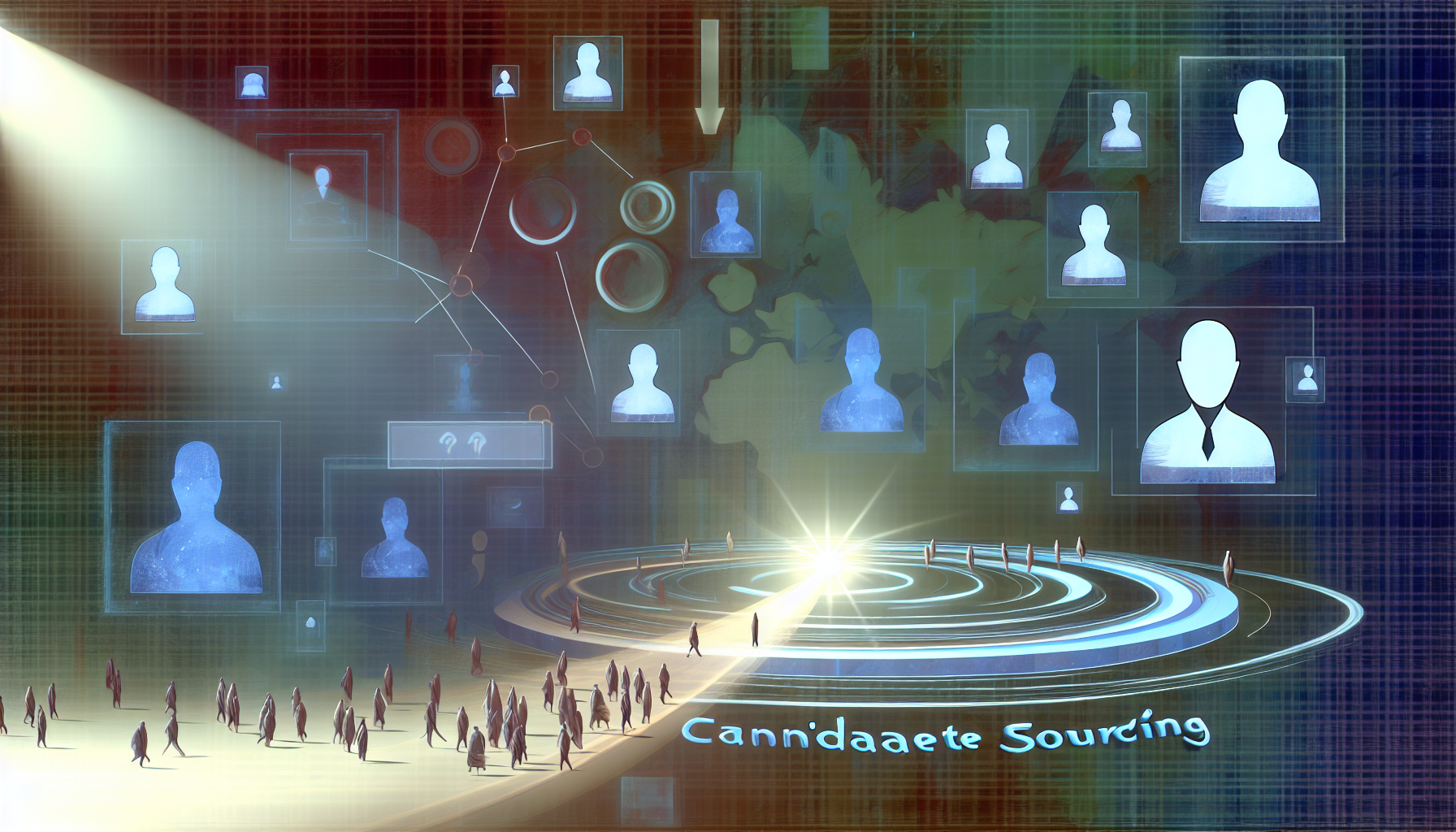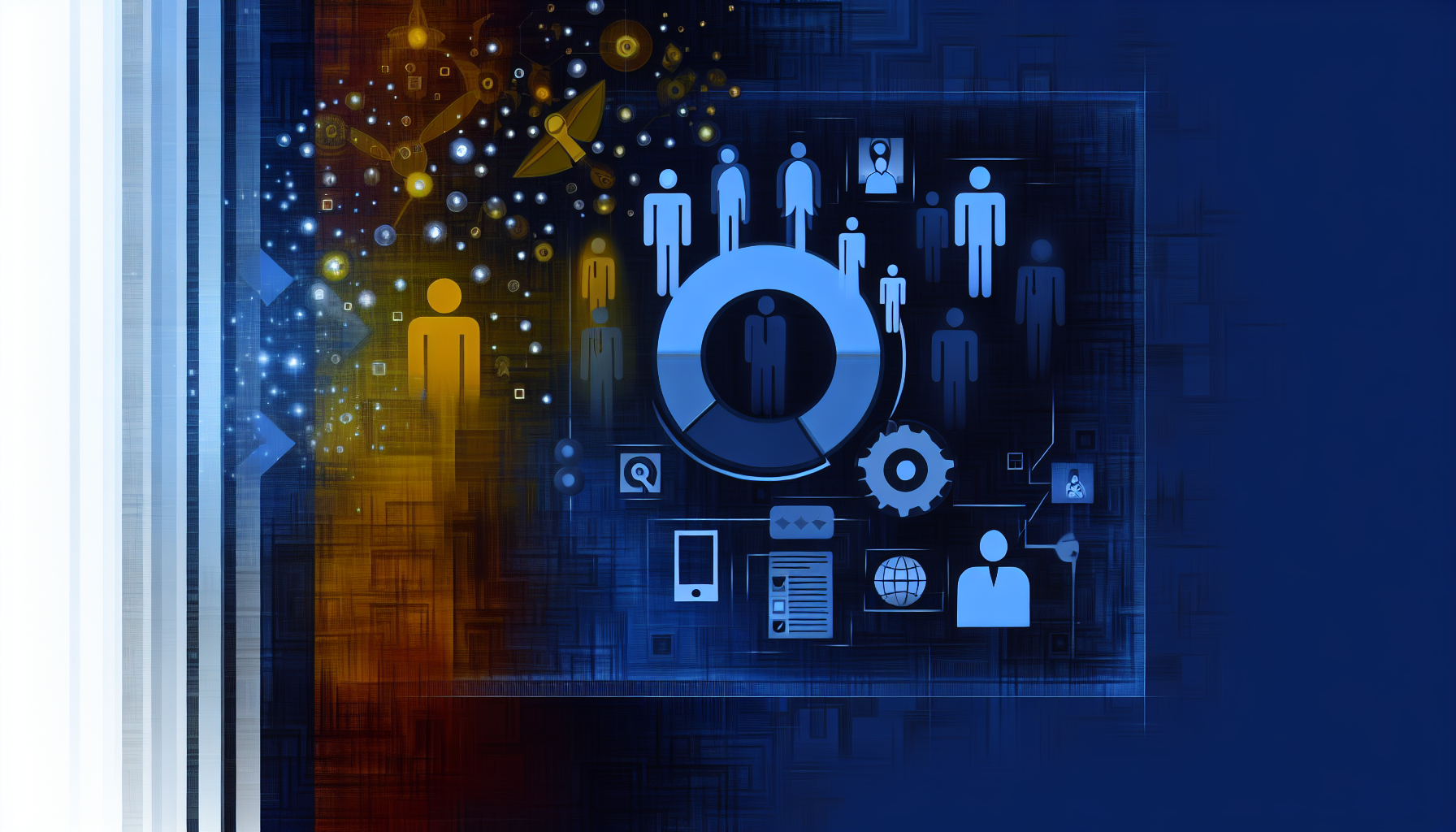VamosWatu blog explores IT outstaffing, team growth, and tech trends. Practical insights to help companies scale efficiently and stay competitive.
Artificial intelligence (AI) is changing recruitment by automating how companies find, evaluate, and engage candidates. This technology improves traditional hiring methods with data-driven decisions and faster processes for ai candidate sourcing. AI covers tasks from sourcing candidates to pre-screening, making recruitment more efficient and effective.
AI supports multiple recruitment stages, often working independently but also integrating for a full hiring workflow.
AI processes resumes by:
This approach cuts manual screening time and raises the quality of initial candidate pools.
AI tools automate candidate search by scanning job boards, professional networks, and niche communities. They collect and standardize profiles, then match them with job criteria using keywords or logic queries. Resulting ranked lists help recruiters manage large talent pools efficiently with AI sourcing.
AI powers automated, tailored outreach by analyzing candidate profiles to craft customized messages sent through email, networks, or chatbots. This speeds communication, improves candidate experience, and boosts response rates without extra recruiter workload using AI engagement messages.
AI automates early candidate evaluation using:
These tools filter out unqualified candidates early, so recruiters can focus on top prospects with Automated pre-screening.
Implementing AI offers clear benefits:
Automation of repetitive tasks frees recruiters to focus on meaningful work. Faster feedback keeps candidates engaged, improving the hiring experience.
AI evaluates skills based on objective data, reducing demographic bias. Consistent criteria foster fairness and diversity, though ongoing oversight is needed to address any bias in training data resulting in AI reducing unconscious bias.
By lowering manual labor and improving candidate-job fit, AI cuts hiring costs and turnover risks, reducing per-hire expenses while maintaining quality.
AI handles large volumes of applications simultaneously, supporting both mass hiring and specialized recruitment with flexible deployment, demonstrating AI scalability in hiring.
AI enhances recruitment tasks but won’t replace human recruiters entirely. Judgment on cultural fit and soft skills relies on human intuition and interaction. AI is a tool that boosts recruiter productivity and insight rather than a substitute.
To develop AI recruitment skills, candidates should:
Choosing the right AI recruiting software involves evaluating:
AI can automate tasks including resume screening, candidate sourcing, personalized engagement, and pre-screening processes, making recruitment more efficient and less manual.
By evaluating skills and qualifications based on objective data and consistent criteria, AI reduces demographic bias, fostering fairness and diversity with ongoing oversight.
No, AI enhances recruiter productivity and insights but does not replace human judgment especially in assessing cultural fit and soft skills.
Key factors include technical robustness, responsive customer support, continuous innovation, user experience, and consolidation of AI tools into a unified platform.
Recruiters can take courses, read case studies, and attend seminars to learn about AI talent sourcing and recruitment technologies.
AI is transforming recruitment by automating resume screening, candidate sourcing, and pre-screening. It saves time, cuts costs, reduces bias, and scales hiring efforts while complementing human judgment in complex evaluations for ai candidate sourcing.




